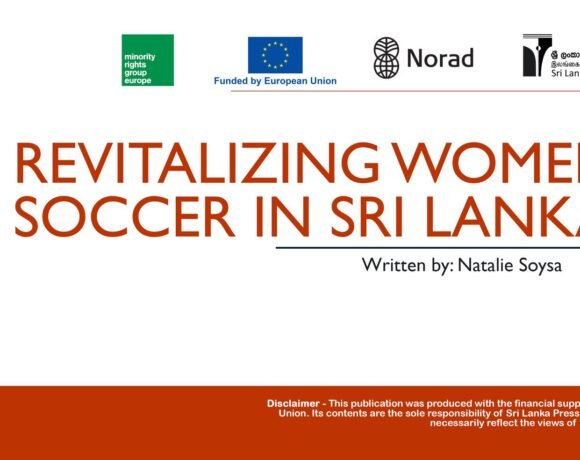
Intellectual Property Rights Related to Patent Certificates
Pavithrani Dissanayake
At present, intellectual property law has become an important field. It makes an effort to offer a legal possession, economical advantage, an appreciation and protection to the creations developed in the minds of humans. The most specific quality of intellectual law is, it provides an appreciation as well as an economic benefit while providing legal possession to the creativity of the inventor. In present, the whole world is being directed towards a developed economy prioritizing the knowledge of people.
In such an economic structure, the rules and regulations related to the patent certificate in classification of intellectual property can be considered as very important. The government provides monopoly to the new inventors through a certificate that can be owned under technical possession. Therefore, a patent certificate omits others producing, using or selling the certain product for 20 years time from the day the owner has requested for the certificate. The owner of the patent certificate has the rights of using the technology of the equipment, selling it or transferring the ownership to someone else. He can gain economical benefits through these actions.
Patent certificates secure new inventions. Moreover, it ensures the benefits that new inventors can gain from new inventions and it encourages the other inventors to think of new creations. It also enhances investments. It provides patronage for economic and technological development. The documents related to patent certificates that are already offered bring out newly invented technology so that anybody could have access to them for their research purposes.
The documents related to patent certificates consist of unique information that is useful for new inventors and entrepreneurs to be knowledgeable of new inventions and to fulfill researches focused on development. It is clear that the patent certificates ensure the rights of citizens as well as the inventors.
In statements 62 – 100 in no. 37 Intellectual Property Act highlights the legal structure of the patent certificate in Sri Lanka. Usually a patent certificate is valid inside the country where it has been offered. As Sri Lanka is a member of the Paris Convention, any Sri Lankan can gain a patent certificate for their inventions at any county which is a member of the Paris Convention according to the prevailing system of law in the country. Almost all the countries in the world are members of this convention. The candidates who are from the countries that are members in the Paris Convention can request for a priority consideration under the Act of Protecting the Technical Properties according to the Paris Convention.
All the Sri Lankans can apply for a patent certificate under the Patent Certificate Treaty (PCT) which is controlled by the World Intellectual Property Organization in Geneva. By forwarding an individual application to the World Intellectual Property Organization, one can request for a patent certificate which is valid in all the countries which hold the membership of the Paris Convention. When the candidate forwards the application, he should mention the names of the countries which he wishes to gain the patent certificate for. This type of application is easier than forwarding individual applications to several countries.
When compared to the other countries, there is a vast development in the field of intellectual property law. This discipline being novel to this country is the basic reason for it. As the legal system related to this scenario is new to the citizens, they seem to have less knowledge about it. Therefore, their ignorance to the legal system might lead them being ignorant towards the opportunities of them to have economical and ethical benefits that they could gain through a patent certificate.
Furthermore, intellectual property law is not an alien concept from the other prevailing systems of law. It is directly bound with human rights law. Such areas are developed in the system of law with the purpose of safeguarding new inventions so that it is vital to consider this in ethical, cultural and political perspectives.
Intellectual property rights are categorized under inevitable rights. When such rights are missed, it might discourage the inventors. Therefore, it is evident that there is a necessity of initiating the steps to encourage new inventors for new inventions so that the economy of the country would be developed parallel with it.







